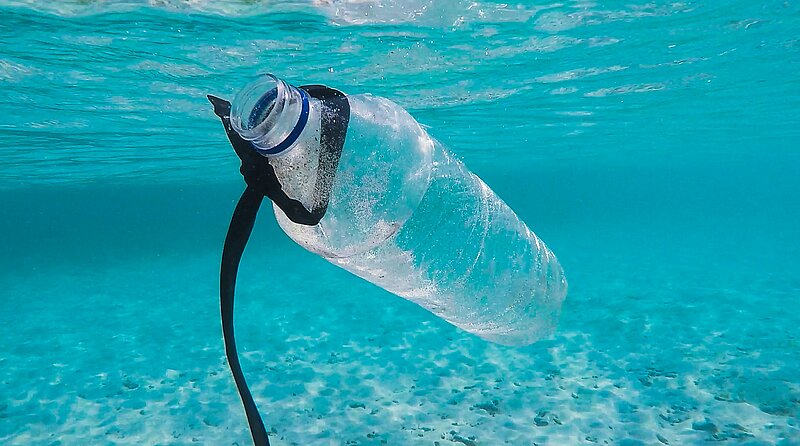The paper published in Sustainable Chemistry and Pharmacy thematises the continuos inflow of plastic causing the pollution of worlds's oceans. It is assumed that the plastic-fish-ratio in the oceans will rise from 1:5 to 1:1 in the next 30 years. Once plastic waste enters the environment, it takes hundreds of years to decompose - more than enough time to enter the food web and cause severe damage to the ecosystem. A solution could be to include additives into plastic products, which accelerate the degradation process. Max-Fabian Volhard at TH Münster investigates the activation of TiO2, an oxidative photocatalyst known to catalyze the degradation of organic compounds upon UV irradiation, in the presence of seawater.
Check out the interesting findings: https://www.researchgate.net/publication/340827801_Seawater_activated_TiO2_photocatalyst_for_degradation_of_organic_compounds
Also check out Max-Fabian Volhard presenting the study results at TEDxMünster: https://www.ted.com/talks/max_fabian_volhard_how_to_make_salt_water_decompose_plastic_bottles


